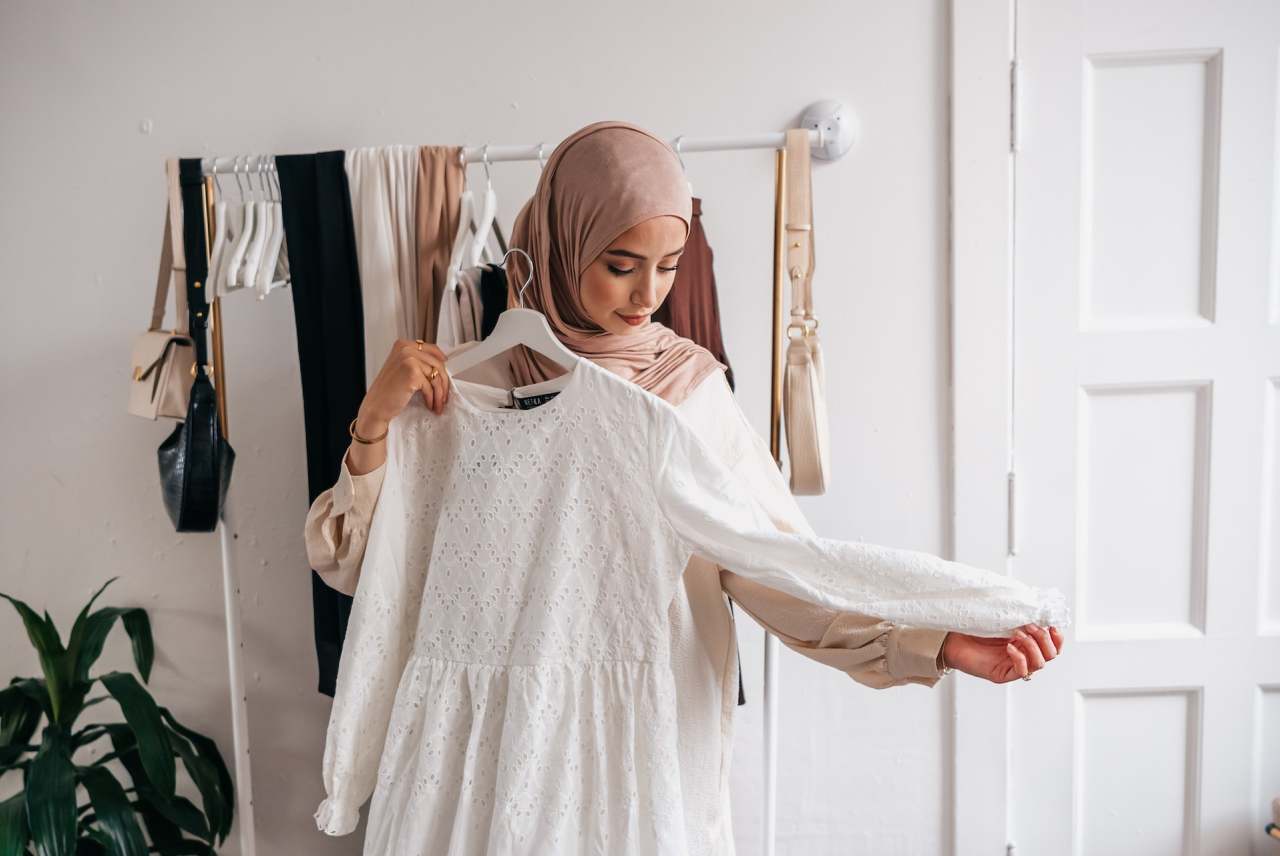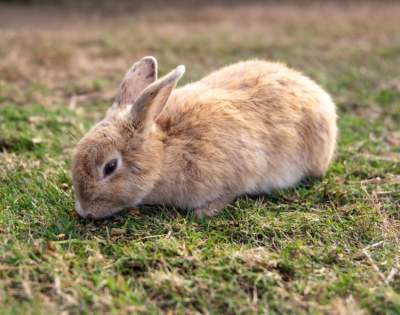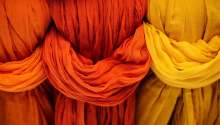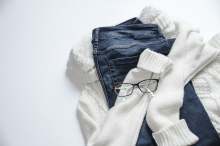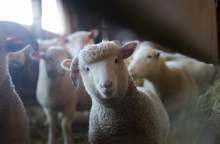When we think of ‘vegan’, we usually think first of bean burgers and plant-based milks. But with animal products used in a wide range of clothing, finding vegan fashion brands can be just as important.
What is vegan clothing?
Vegan clothes are made without the use of any animal products. It means avoiding fabrics taken by killing an animal, like animal leather and hides, but also those which are usually harvested from the animal while it is still alive, like wool and down. It also means looking at what buttons are made of as some brands use shells like mother of pearl or bone, and trimmings or decorations like feathers.
In our clothing guides, Ethical Consumer looks for brands that are avoiding animal products – and marks down those that aren’t.
Consumers may have different reasons for avoiding animals in their clothing. For some, it is inherently unethical to use an animal’s body for our fashion. For others, it is more to do with the notoriously poor conditions in which these animals are kept.
Our article on animal rights in the clothing industry outlines conditions from life-long confinement of foxes, rabbits and other animals for fur, to the live plucking of ducks and geese for down.
What are non-vegan fabrics?
Those wanting to avoid animal products in their clothing should look out for the following fabrics (unless marked as synthetic):
- Leather
- Suede
- Wool
- Cashmere (from goats)
- Angora (rabbits)
- Mohair (goats)
- Merino wool (sheep)
- Silk
- Peace silk
- Down
- Fur (many animals)
- Animal felt
We have a separate article on the main issues with several of these animal fibres.
